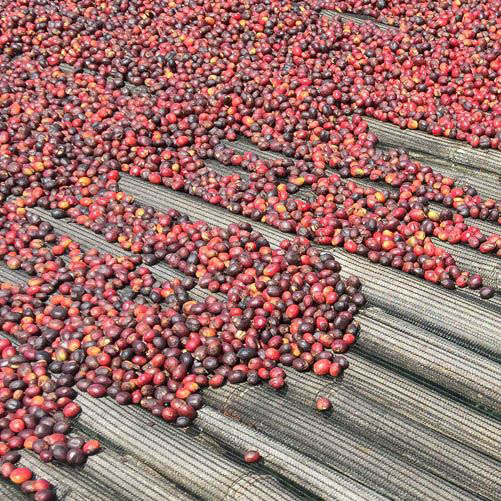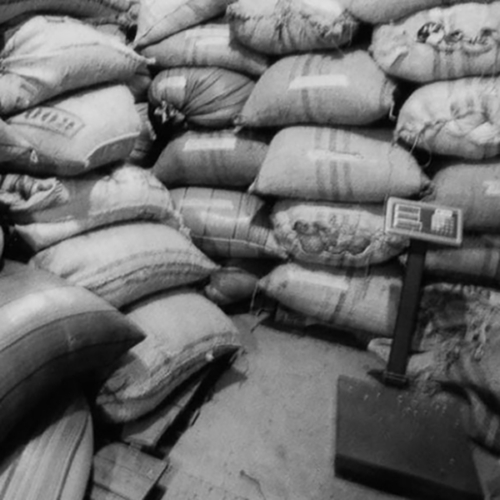Description
Farm Description
This coffee is from the Gigesa washing station in the Shakiso area of the Guji Zone. About 1,000 small farmers in the hills surrounding Gigesa sell their cherry at the wet mill site, where it is processed both fully washed and naturally. There are ample natural shade trees in the area, and the altitude of the growing areas ranges from 1850 to just under 2000 meters. The people in this area are known as Guji Oromo, and coffee farming has been a core part of the culture in the highland areas. It’s a distinct coffee from Yirga Cheffe, and Sidamo. Geographically, culturally, and in terms of cup flavors, these southern coffees have a different flavor profile while maintaining the same general characteristics; citrus and floral accents, a lively cup character. This is a dry process lot, and while this shows in the wilder fruit/berry flavors and aromatics, as well as in the way it lacks the pristine cup clarity of the wet processed version, the cup profile is surprisingly articulate, and even floral.
Cupping Notes
This later harvest dry process Ethiopia is cupping strong, a cup profile that is complex in both fruit and sugary sweetness, and with intense aromatics. Rustic sugar and fruit smells permeating from the ground coffee, dehydrated berry, molasses, and date sugar notes name a few. After adding hot water, deliver the goods. The sweetness is dense, and comes off like molasses ginger cookies, and quickly shifts to berry jam smells after breaking through it, floral and sweet, and faint cacao-nib notes accenting the steam. Following up with the brewed coffee, there are no big surprises in the cup, berry notes are the most prominent fruit notes, flavors of strawberry and raspberry are fairly loud, and both a dried apricot flavor and perfumed floral aroma impart subtler impressions. As the cup cools, a dark sugar flavor weaves through the complex flavor matrix, finding it’s way to the long finish, along with dried cherry and cocoa powder accents. The long finish has some paper-like aspects too that bring about a mouth tightening effect, but are hardly this coffee’s focal point. Dtip roasts have a decent acidity level given the processing method, a kumquat-like citrus aspect providing a lively vibrance. Espresso roasts have a strong bittersweet chocolate flavor that dominates the cup, and shifts to a dark blueberry note, slightly rustic like when on the overripe side.


